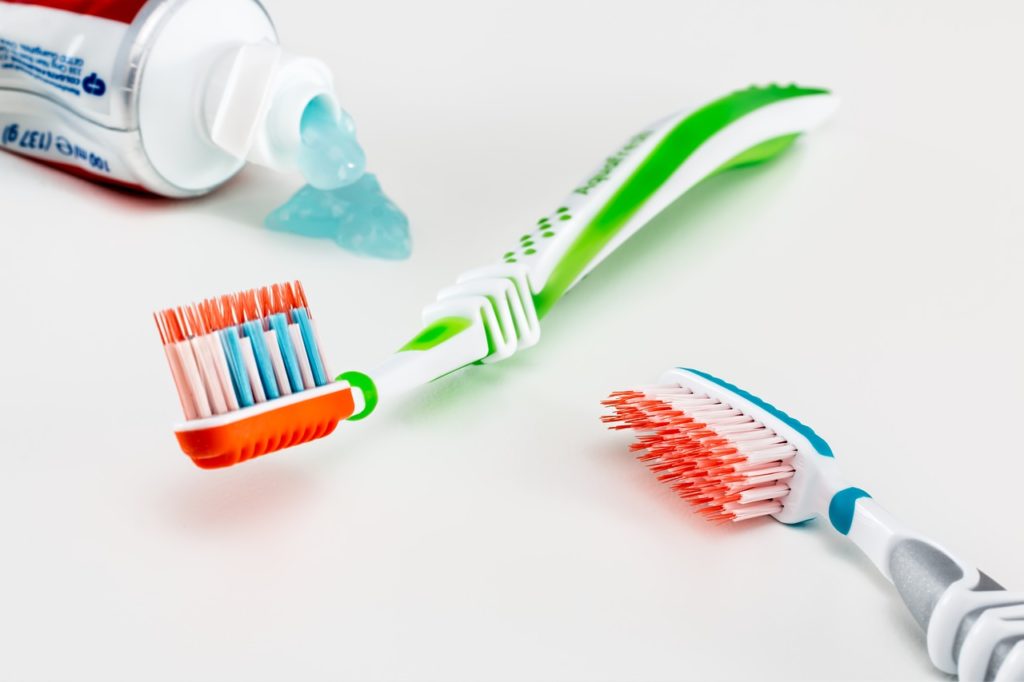
Do your children constantly ask for sugary snacks that you know are not good for their health? There are healthy alternatives to the junk food your child loves that taste just as great. Here are a few options to get you started.
Low-Fat Yogurt with Berries
Premade parfaits can be high in sugar with added fat and artificial flavors. Make your own parfaits at home with plain low-fat yogurt to cut down fat and calories. This combination of food gives you a balanced meal consisting of protein, calcium, and fiber. These are all important nutrients to keep bones and teeth growing strong. The berries also provide antioxidants which are very important for overall health.
Celery Sticks with Cream Cheese and Sunflower Seeds
Usually kids will do anything they can to get away with not eating vegetables. Have you ever thought of pairing vegetables with a snack they love? Cream cheese will make the celery more appealing to your children. The celery is fibrous and will gently scrub their teeth as they chew. The sunflower seeds are an added bonus containing magnesium and Vitamin B.
Hummus with Toasted Whole Grain Pita
This is a snack that has become popular over the years. It is delicious and also great for your child’s teeth. Hummus can prevent sugars from sticking to your teeth, decreasing the risk of cavities. Whole grains are nutritionally better than white bread, which has more sugar.
Cheddar Cheese and Apples
Placing cheddar cheese and apples on a whole grain cracker is a tasty treat for your child. The apples are high in fiber and water, which will help wash away bacteria and food particles. The cheddar cheese gives your child an extra dose of calcium to keep their teeth durable.
Tip: Do not forget to throw in a bottle of water with your kid’s snack. It will wash away any sugar, bacteria, and plaque left on their teeth from eating.
Remember to schedule regular dental appointments for your children’s constantly evolving teeth. For more healthy options, contact us and visit our office today.









